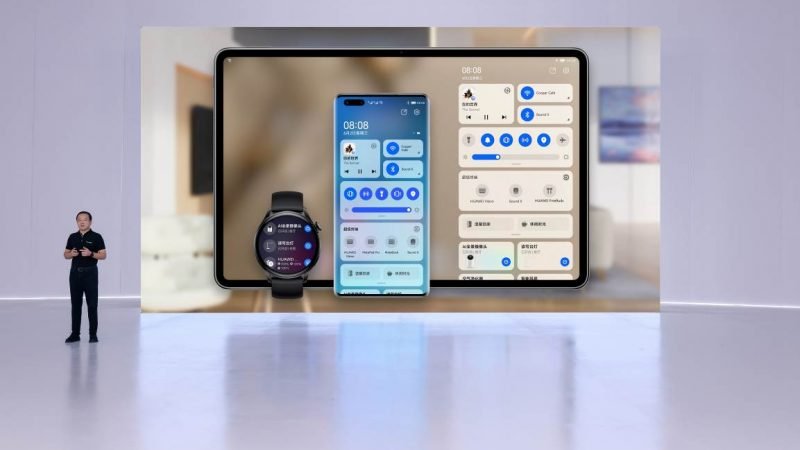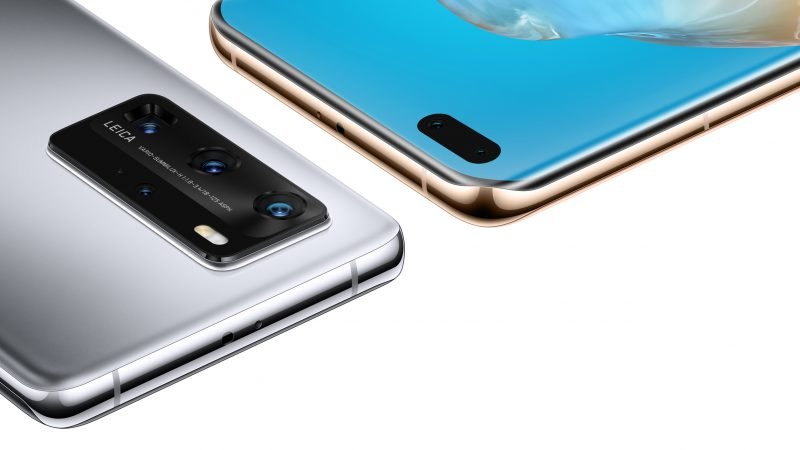Landline, VoIP or mobile phones for small business?
 Moving your business from a room in your house into an office brings plenty of changes. For starters, it means no more working in your underwear (probably), but there are plenty of other things that an office will need which came as standard when you worked from home – one of which is a phone.
Moving your business from a room in your house into an office brings plenty of changes. For starters, it means no more working in your underwear (probably), but there are plenty of other things that an office will need which came as standard when you worked from home – one of which is a phone.
You have probably already got in mind some swish furniture, what computer set up you want matched with some fresh, funky, yet business-like decor. You might have already got your gas, water and electricity providers sorted. But, what about your phone?
It might be too soon to start looking in to Virtual PBX systems, but there are, however, a few distinct options for you to consider.
In today’s business world the technology available to small medium enterprises (SMEs) is helping them take on the big hitters.
No longer is it the majors with the technology monopoly. The change is largely attributed to an increase of low-cost computing power, storage and bandwidth available via the ‘cloud’.
With this affordable tech, landlines are becoming almost as old hat as dial up, with some people saying that landlines will be completely obsolete by 2025.
In many households smartphones have replaced the domestic landline, but mobile phone bills can soon add up and might not always work well for your businesses – especially if you’ve just moved in to a neat basement workshop with no cell coverage 😉
Google Voice might be a good start
Google Voice provides a level of flexibility that any business could find useful. When you sign up you get a brand new phone number, complete with voicemail. You can then set that number to ring another number in a call forwarding stylee.
This is a great way to communicate via your mobile without having to give out your personal number. The UK, and the rest of Europe are still awaiting Google Voice to grace these shores due to how the call charging structures differ to the US. In the UK, for example, the caller pays the full cost of a call while in the US, the cost is split with the receiver. Word is that Google still intend to bring this service to Europe.
VoIP
VoIP, or Voice over Internet Protocol, is probably the most widely used landline alternative, especially among businesses. VoIP takes the audio voice signals from speech and turns them into digital data which is transmitted through a broadband internet connection. The biggest advantage to VoIP systems is the cost. If you’re calling from computer to computer international calls are free (making them great for international businesses). Many believe that VoIP will soon replace landline phones entirely.
Skype is perhaps the most well known and Skype to Skype “calls” are free. This has almost become a standard way for families to stay in touch across continents. Skype allows for group calls (video and audio), as well as file sharing so is really handy.
So, VoIP’s biggest advantage is that it’s cheaper than using a landline but, what happens when your internet goes down? Well, so does your phone line. The same goes if you happen to get hit by a power cut.
Landlines
Yeah, the standard, old skool landline. Not so many years ago you would never even had thought twice about installing it. You would have called up the telephone company and requested a line. It might not be the most popular, or fashionable option, but it is the most reliable. That remains the No. 1 benefit of traditional landlines.
If the power goes out, you can still use your landline as normal. There are also few, if any, random outages, as there are with the internet. In fact, since so many people have ditched landlines completely, there are even fewer issues.
Unfortunately, landlines are still expensive to set up and then there’s the line rental. You can even bundle it with internet and TV but, for example, British Telecom will charge you £130 for installing a line (price on BT website at time this article was published) just to get you started.
Cell phones
While most businesses decide between landlines and VoIP, there is a third option. Today’s smartphones can do plenty more than just make phone calls, and those functions can benefit small businesses. Combined with a central Google Voice number, a fleet of cell phones can be of great benefit to a small business
Having employees use smartphones means that calls shouldn’t get missed. You can assign various employees to phone duties, having the Google Voice number forward to their phones at certain hours. Smartphones allow for more mobility and easier communications. Employees can work from outside the office and still maintain simple, easy email communications. Various apps and services for smartphones can also benefit small businesses.
The downside — and it’s a considerable one — is the cost. Paying for an employee’s smartphone and data plan can be a costly move. Some businesses offer to pay a portion of employee’s personal cell phone bills so they can use them for business – but this can also cause issues.
You could buy in a fleet of mobiles strictly for business use only but, given the cost of the outlay, this will have to be seriously thought about.
So, the choice
The internet has opened up our world of communications. Previously small businesses had very few options when it came to phone lines. It was a landline for calls, a landline for fax and one for your dial-up interwebs.
Cable and fibre optic internet connections and smartphones have changed that, which gives SMEs more choices.
From what I’ve found, a lot of small businesses tend to use VoIP for outgoing calls, a landline for incoming calls and mobiles for when they are out of the office.
How would you set up your office phones?







